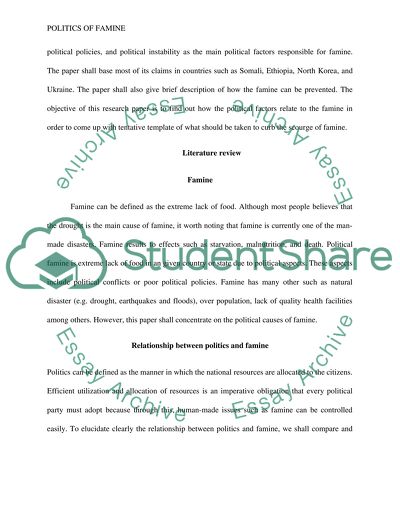Cite this document
(“The Anthropology of Food: Consuming Passions Essay - 1”, n.d.)
The Anthropology of Food: Consuming Passions Essay - 1. Retrieved from https://studentshare.org/anthropology/1437329-the-anthropology-of-food-consuming-passions
The Anthropology of Food: Consuming Passions Essay - 1. Retrieved from https://studentshare.org/anthropology/1437329-the-anthropology-of-food-consuming-passions
(The Anthropology of Food: Consuming Passions Essay - 1)
The Anthropology of Food: Consuming Passions Essay - 1. https://studentshare.org/anthropology/1437329-the-anthropology-of-food-consuming-passions.
The Anthropology of Food: Consuming Passions Essay - 1. https://studentshare.org/anthropology/1437329-the-anthropology-of-food-consuming-passions.
“The Anthropology of Food: Consuming Passions Essay - 1”, n.d. https://studentshare.org/anthropology/1437329-the-anthropology-of-food-consuming-passions.


